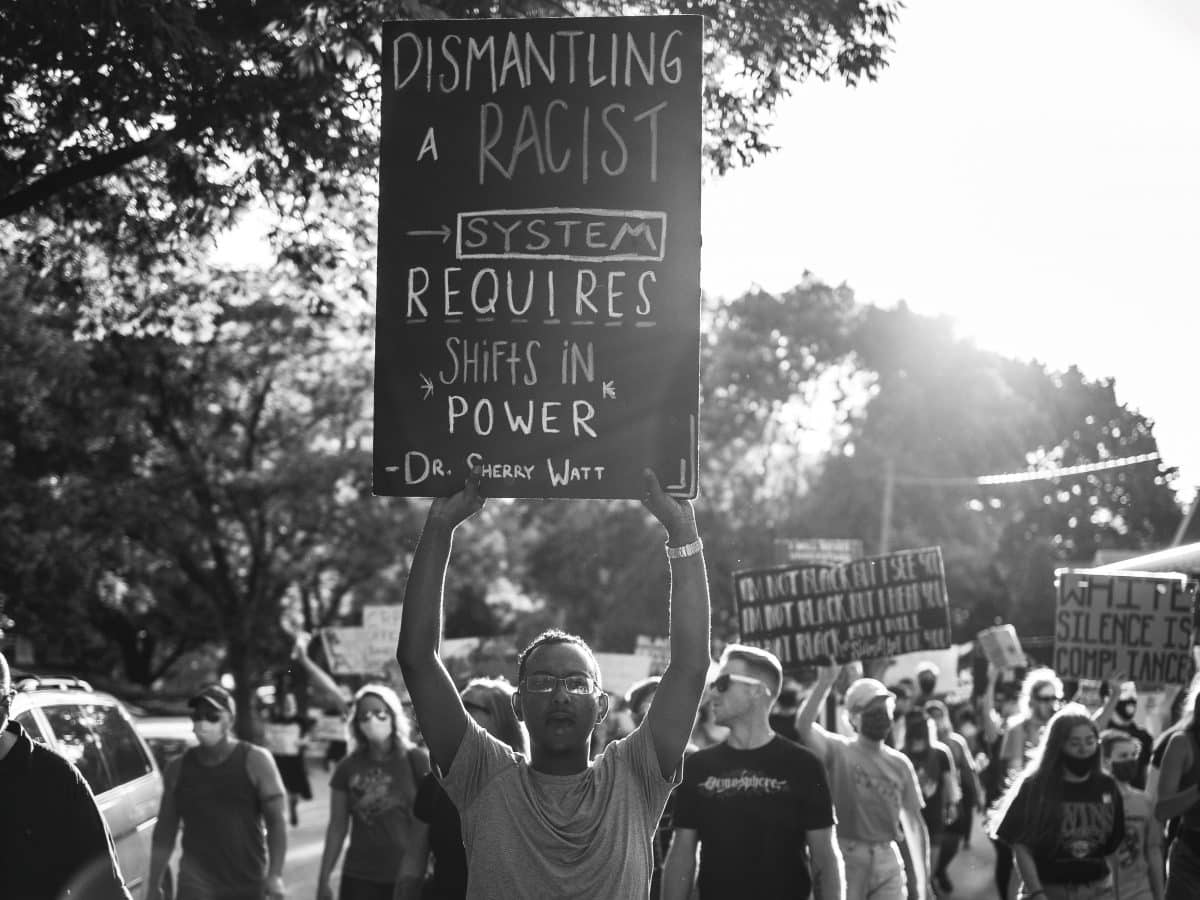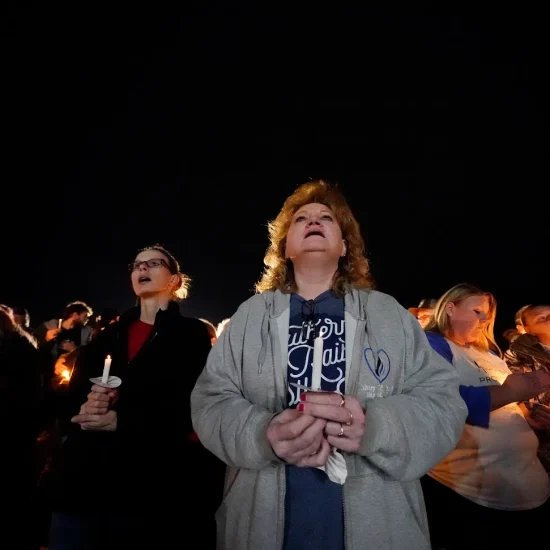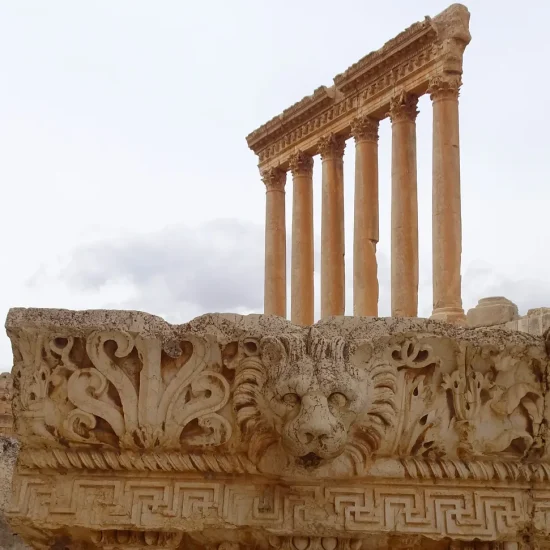
“In those days a decree went out from Emperor Augustus that all the world should be registered. This was the first registration and was taken while Quirinius was governor of Syria. … In that region there were shepherds living in the fields, keeping watch over their flock by night.” (Luke 2:1-2, 8)
In Luke 2:6-20, the gospel writer depicts an unspecified number of shepherds who were guarding their flock on the night of Jesus’s birth. A messenger of the Lord appears and tells them that a savior is born in the City of David who is “Christ the Lord.” The shepherds will find the child wrapped in swaddling clothes.
As I ponder these shepherds I must note that they are part of the chronological time frame that Luke specifies in relation to the imperial rule of Caesar Augustus. Specifically, just like Jesus, Mary, and Joseph, the shepherds live under the “economy” (oikumene) of Caesar Augustus who has declared a census for the whole inhabited world of the Roman Empire. This census effectively numbers the people of the Empire for taxation purposes. Just as a shepherd’s job is to number and keep watch over their flocks, Luke portrays Caesar as numbering his “flock” of the inhabited world.

(Kyle Cleveland/Unsplash)
As Luke writes about literal shepherds, I must note that in ancient Egyptian, Greco-Roman, and Jewish worldviews, the metaphorical usage of shepherds as leaders of their people is much more common than the work of literal shepherds. As I ponder the opening of Luke 2, I must ask the question: Should we consider Caesar Augustus and Quirinius of Luke 2:1-2 as part of the metaphorical shepherd system similar to Jesus being identified as a shepherd of his flock in Luke 15:3-7?
Indeed, in Greco-Roman literature writers such as Homer, Plato, and Aristotle depict political rulers as shepherds. Specifically, in The Nicomachean Ethics Aristotle (ca. 382-322 BCE) describes the king as a “benefactor of his people, inasmuch as he devotes his whole talents to their welfare, and tends them as a shepherd does his sheep.” While literal shepherds were not recipients of high esteem in Greco-Roman culture, high esteem was given to political figures (as metaphorical shepherds) while actual, literal shepherds were described as “the laziest … who lead an idle life, and get their subsistence without trouble from tame animals; their flocks wandering from place to place in search of pasture, they are compelled to follow them, cultivating a sort of living farm” (Aristotle, Politics).
It is almost as if actual shepherds were essential workers while the political rulers garnered all of the esteem. As we enter into the season of Advent in a time of unsettling oppression, let us ponder how to restore esteem to those who we deem essential even when the political figures often describe them as lazy and idle.
Angela Parker is assistant professor of New Testament and Greek at Mercer University’s McAfee School of Theology and author of If God Still Breathes, Why Can’t I?: Black Lives Matter and Biblical Authority.
NOTE: This is part of our Unsettling Advent devotionals running Nov. 28-Dec. 24. You can subscribe for free to receive them each morning in your inbox.







